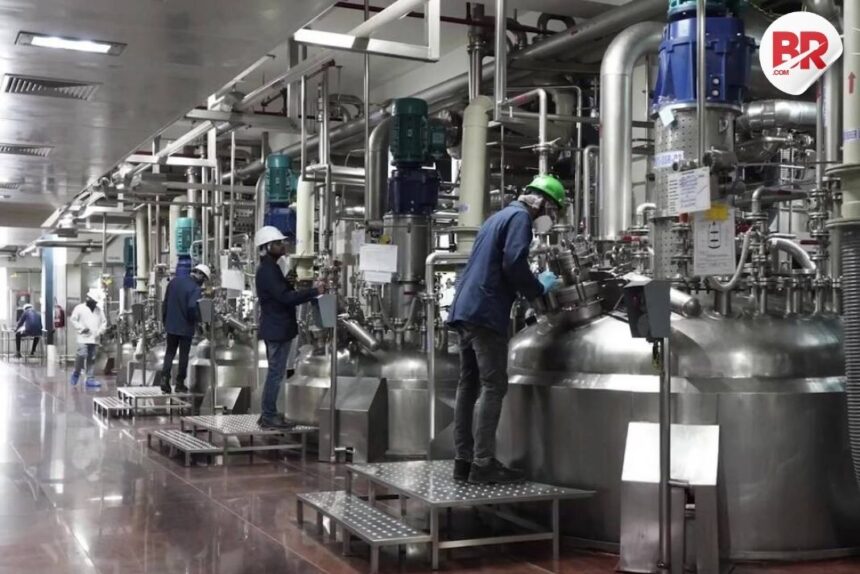
The Bengaluru-based drugmaker’s $395 million IPO was fully subscribed by the second day of bidding. This marks a strong vote of confidence in Indian pharma at a time when global drug giants are looking for alternatives to China.
As of Tuesday morning, bids reached ₹26.38 billion ($307 million), slightly over the total shares on offer. That’s 1.05 times subscription—and there’s still time left. The shares are set to list on July 21.

Why this matters
Global pharma companies are slowly shifting away from Chinese suppliers. Rising costs, geopolitical tensions, and supply chain risks are pushing them to explore India.
That’s where Anthem Biosciences steps in.
The company, which started in 2007, runs two major manufacturing plants in Bengaluru. It works in early-stage drug discovery and testing, which is critical for big pharma. It also makes active pharmaceutical ingredients (APIs), dietary supplements, and probiotics.
Basically, it does what big global players need—and it does it from India.
Who’s investing?
Anthem raised $118 million from major investors even before the IPO opened. Big names like Abu Dhabi Investment Authority, Norges Bank of Norway, and Société Générale came in early. Indian investors like HDFC Mutual Fund and ICICI Prudential AMC also joined the party.
This pre-IPO confidence gave a clear signal: Anthem Biosciences is a rising star.
Who sold shares?
Interestingly, Anthem didn’t sell any of its own shares. The offer came from existing investors like True North and DavosPharma. They offloaded their stakes, cashing in on the company’s growing market value.
This shows a trend where private investors trust the public markets in India again.
The bigger picture
In July alone, Indian companies are set to raise around $2.4 billion through IPOs. That’s a big leap from earlier this year when global tensions and trade wars hit investor confidence.
Anthem’s successful listing shows that India’s pharma sector has regained its shine. And this IPO isn’t just about one company—it’s about India stepping up as a global healthcare hub.
With global drugmakers turning to Indian labs, this is just the beginning.
Also Read Glenmark Pharma Receives USFDA Warning for Indore Facility, Says Supply Unaffected












